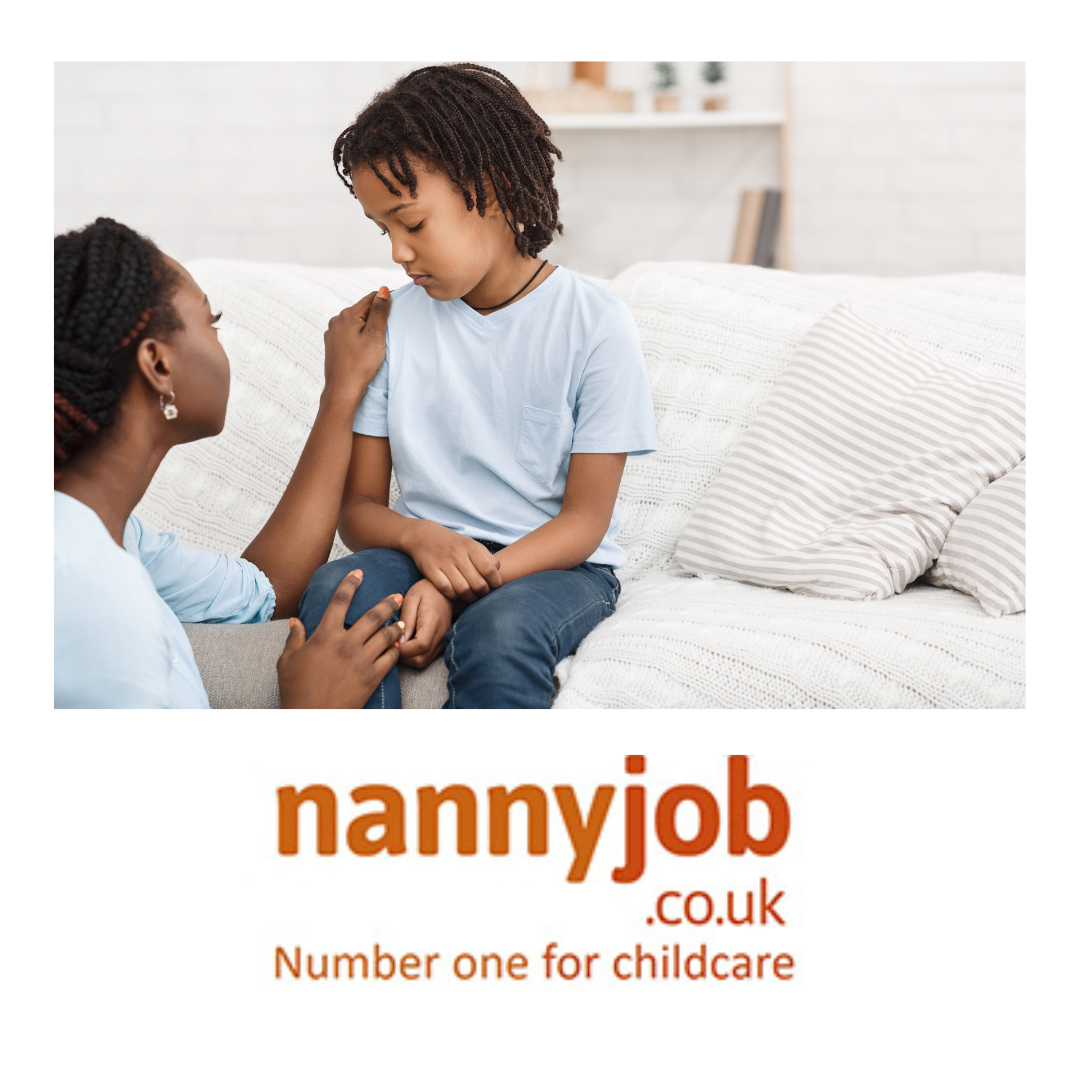In recent years, the conversation surrounding childhood happiness and well-being has been pivotal. A notable study by UNICEF highlighted the disconnect between what children value and what parents believe they want. When juxtaposed with countries like Sweden and Spain, the UK seemed to falter in some key areas. Here’s an exploration of these findings and what they could mean for the way we approach parenting today.
Pressures of Modern Parenting Today’s parents grapple with an unprecedented challenge – the onslaught of consumerist pressures. Brands consistently market to the younger demographic, making children feel they need the latest toy or gadget. Parents, often dealing with the demands of work and the desire to ensure their child’s happiness, sometimes fall into the trap of materialistic appeasement. However, as Agnes Nairn, the author of the UNICEF report, points out, what children truly crave is quality time with their parents.
The Essence of True Happiness The findings show children associating happiness with time spent outdoors and quality interactions with family and friends. In stark contrast, prolonged hours in front of screens and an abundance of toys did not rank high. This brings us to an essential parenting question: Are we using material possessions as a substitute for time and connection?
Taking Inspiration from Abroad While each country has its unique culture and practices, we could draw inspiration from places like Spain and Sweden. Here, despite the pressures of a consumer-driven world, families prioritise bonding over buying. Perhaps it’s time for us to introspect and recalibrate our priorities.
The Power of ‘No’ Saying ‘no’ isn’t about deprivation; it’s about empowerment. By not always caving into material demands, we teach children invaluable life lessons about gratitude, motivation, and the real sources of happiness. More isn’t always better, and true contentment doesn’t stem from constant acquisition.
In Conclusion While societal pressures won’t vanish overnight, being mindful of our choices can make a difference. Let’s prioritize experiences over objects and cultivate values that will serve our children well in the long run. And remember, the great outdoors awaits, offering a sanctuary for both kids and adults. Enjoy the moment, embrace the connection, and cherish the memories.

